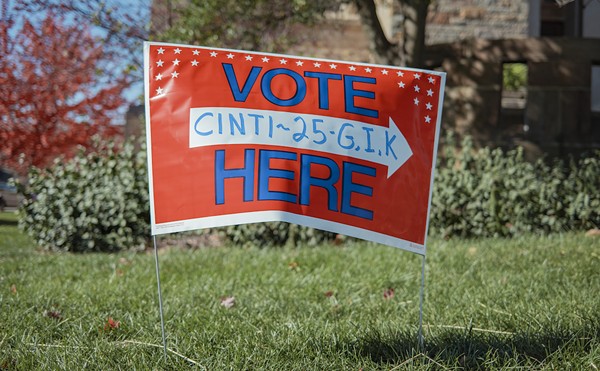a report
Monday that gives a hint of how federal sequestration, a series of across-the-board federal budget cuts that kicked in March 1, will affect Ohio. The impact of sequestration is already being felt in various areas, including education, housing and the environment.In Cincinnati, the Cincinnati-Hamilton County Community Action Agency plans to carry out $1 million in cuts by dropping 200 kids from the Head Start program, which helps low-income families get their children into preschool and other early education programs.
Cuts will be spread out all around the state, leading to cuts in tax incentives for renewable energy and energy efficiency, reduced research programs at major universities and the elimination of military jet flyovers at certain events.
Wendy Patton, a senior project director at Policy Matters, says the cuts are only the beginning.
“We’re just seeing the tip of the iceberg now,” Patton says, citing cuts in Chillicothe that will force the Chillicothe Metropolitan Housing Authority to serve 47 less families through the housing voucher program. “We will see this kind of information come out across Ohio’s 88 counties as the months roll by.”
In February, the White House outlined how sequestration cuts will affect Ohio in its efforts to convince Congress to stop the cuts. The White House estimated about 26,000 civilian defense department employees would have to be furloughed, nearly $6.9 million in funding to clean air and water would have to be cut and 350 teacher and aide jobs would be put at risk, among other cuts.
Even the unemployed will be hurt through cuts to unemployment insurance benefits — bad news in an already weak economy. In Ohio, about $5.3 million in federal grant money going toward unemployment insurance will be cut in a way that particularly affects the long-term unemployed, according to
Pew Charitable Trusts
.“We already have a problem with the long-term unemployed,” says Zach Schiller, research director at Policy Matters. “This just makes it worse for these folks.”
from The Washington Post found employers often discriminate against anyone who has been unemployed for a considerable time during the hiring process.





